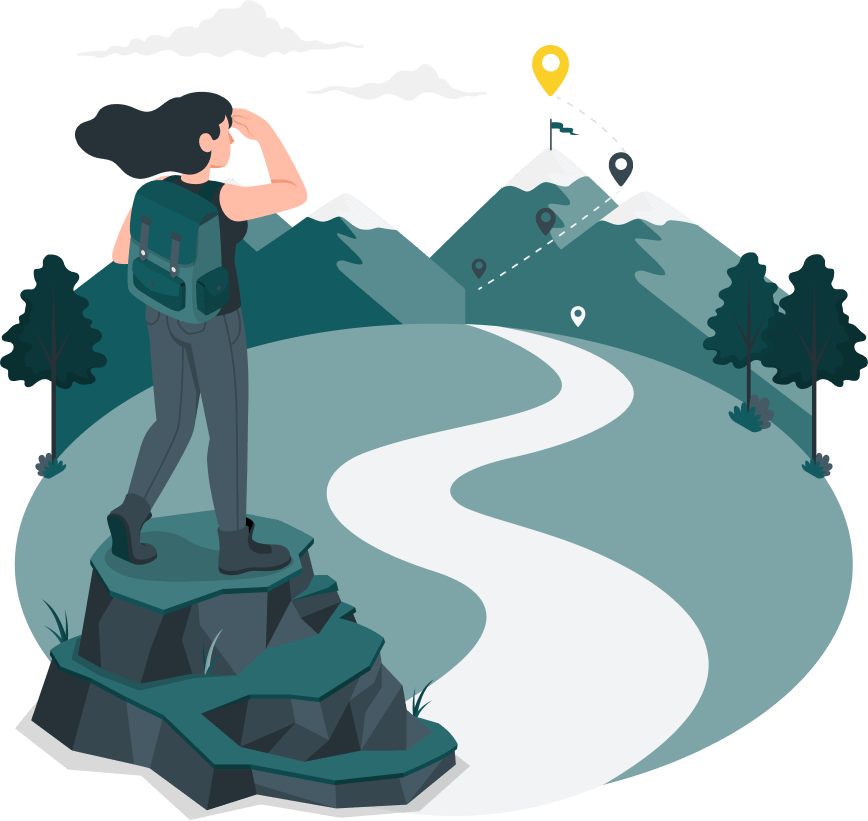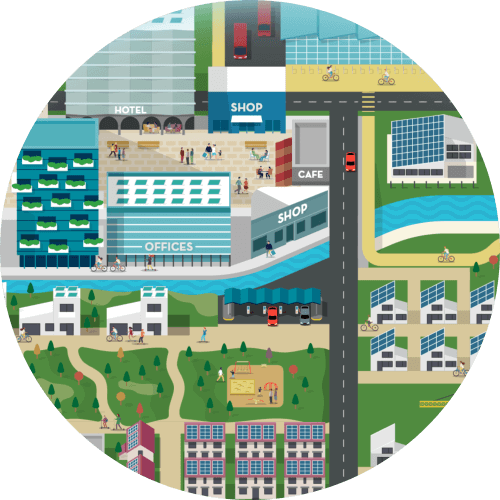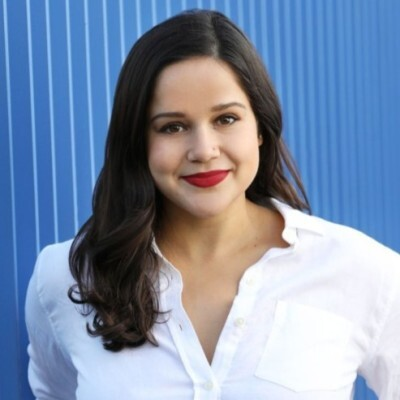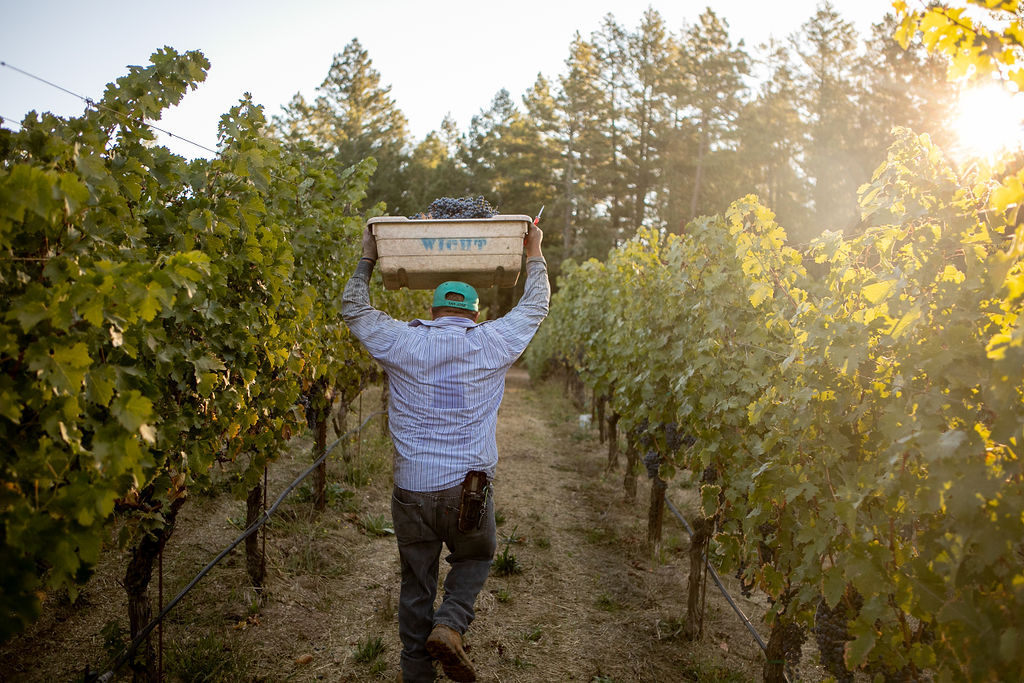ekko Prioritizes Climate Action, Finds Community in SME Climate Hub
The recently launched financial services company simplifies consumer climate action and leans on community and resources of the SME Climate Hub
Since its launch in September 2020, over 1,600 small and medium sized businesses around the world have joined the SME Climate Hub, taking a pointed stance on climate action and the priority that curbing emissions holds for their companies. Some of these businesses are taking climate action for the first time; some have been working towards these goals for years; and some have built entire business models around net zero priorities. Amongst the SME Climate Hub community, there are also companies that move beyond the net zero goals baked within their business models to create a ripple effect amongst society.
ekko, a recently launched app, debit card and commerce platform, falls into that last category of companies, teeing up an impact far greater than within their own walls.
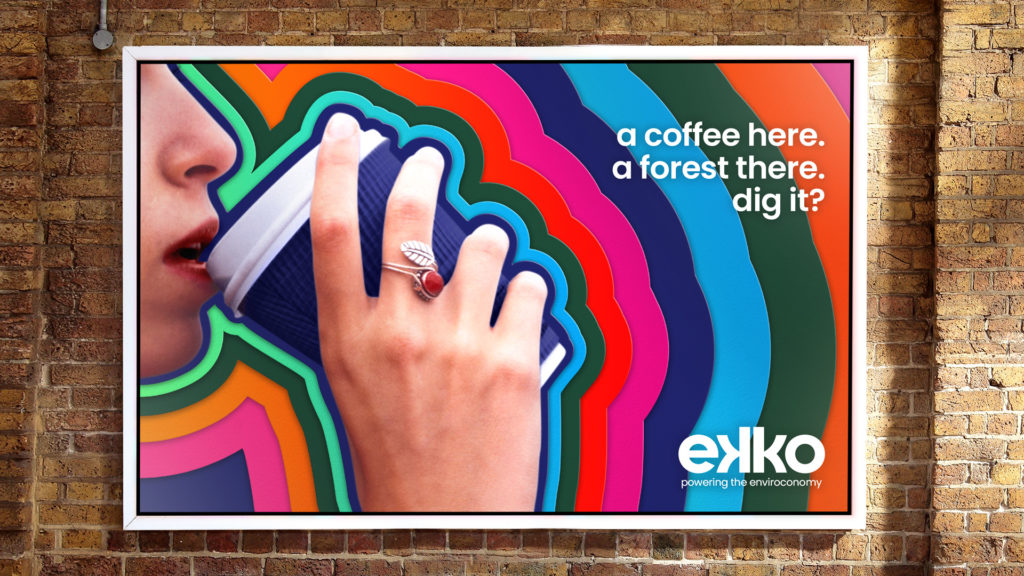
Through their debit card offering, ekko makes it easy for everyone to have a positive impact on the world. Purchasing with ekko turns transactions into planted trees and plastic bottles collected and recycled before hitting our oceans — a climate activist’s take on the points system. Users can track their bank balance, carbon footprint and their own personal forest and bottle count through the ekko app. In the future, ekko will introduce customers to sustainable products and services through the ekko marketplace and build an entire ecosystem of environmentally focused businesses.
The SME Climate Hub recently spoke with Oli Cook, the CEO & Co-Founder at Ekko, to learn more about the newly launched company – and how they’re paving the way for climate centric purchasing and leaning on the SME Climate Hub as a community of like-minded businesses.

Building a business centred on climate action.
Why was ekko founded?
ekko was founded around a painful but honest realisation. Though I care about climate change, I wasn’t doing my part and found it hard to know how to make even a personal impact in the hectic life I live with work, family and friends.
With ekko, we’re not only building a business that works to help me as a consumer do a bit better, but we are able to amplify our impact by helping others who are in the same predicament.
I was not alone in this feeling; in fact all 4 co-founders had the same painful realisation (in a pub, where all good businesses are founded!) and that’s where ekko was born.
What is the long-term vision for ekko?
We want to continue to find ways to make it effortless for people to understand their carbon footprint and make a positive impact on the world. Our goal over the next five years is for our customers to plant over 50 million trees and prevent over 500 million bottles from entering our oceans.
We’re starting with a consumer debit card but there is a lot of exciting stuff we’re working on for consumers and businesses that we’ll be piloting very soon.
How is ekko working with Mastercard? Can you tell us about their goals of the partnership?
Mastercard is one of our strategic partners, and we are the first UK fintech company to join the global Mastercard Priceless Planet Coalition. We work together on many things but most notably, our customers’ trees are planted through this coalition. That means that we’re planting the right trees, at the right time and in the right places to have the biggest impact possible. These trees are maintained and nurtured for 5 years to make sure they survive the early years and go on to have an impact in reducing CO2.
I’ve found that there are a number of tree planting partners out there, but they are not all equal. Through the Coalition we are confident in having the biggest impact possible.
Joining the SME Climate Hub – and leaning on its resources to increase impact and build business resilience
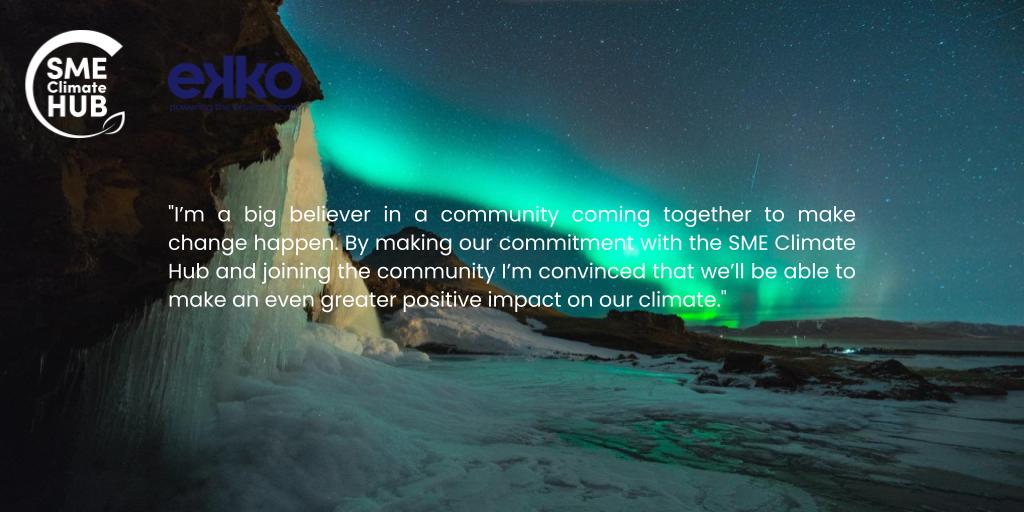
Why did you make a climate commitment with the SME Climate Hub?
I’m a big believer in a community coming together to make change happen. By making our commitment with the SME Climate Hub and joining the community I’m convinced that we’ll be able to make an even greater positive impact on our climate. I hope that we can help other businesses meet their commitments too and offer our support in any way we can.
How do you think your commitment to the SME Climate Hub might impact your ability to take climate action or increase your impact?
We find it most exciting that the SME Climate Hub has a community element. As a community, we can increase the ekko impact or find new ways through partnerships to create a positive change in a way we haven’t thought of yet. As a start-up we live for meeting like-minded people and figuring out if there is a way to work together to drive change. The SME Climate Hub is a wonderful initiative for this and is already having a positive impact on us.
The obstacles holding businesses back – and the shift in mindset needed to take climate action at scale.
What are the most common reasons holding SMEs in your industry back from committing to climate action?
I think one of the biggest issues is fear. There is a feeling that exists amongst small and medium sized consumer businesses that by making bold statements about doing anything positive around climate change, you’re risking your business being attacked for not being perfect. They’re concerned that despite doing their best, they may still be met with criticism for not meeting certain demands they might not even have been aware of. Therefore, business leaders might think it’s better to keep their head down rather than strive for change.
I think this is fundamentally wrong. Doing good shouldn’t put businesses or founders at risk. None of us are perfect so that shouldn’t be the bar on which small businesses are assessed. We need to create a safer environment for businesses and individuals to do the best they can and make the changes they can make without the fear of being attacked.
I’m a real believer that it’s better for everyone to do a bit better and create a tidal wave of improvement rather than a few companies being perfect.
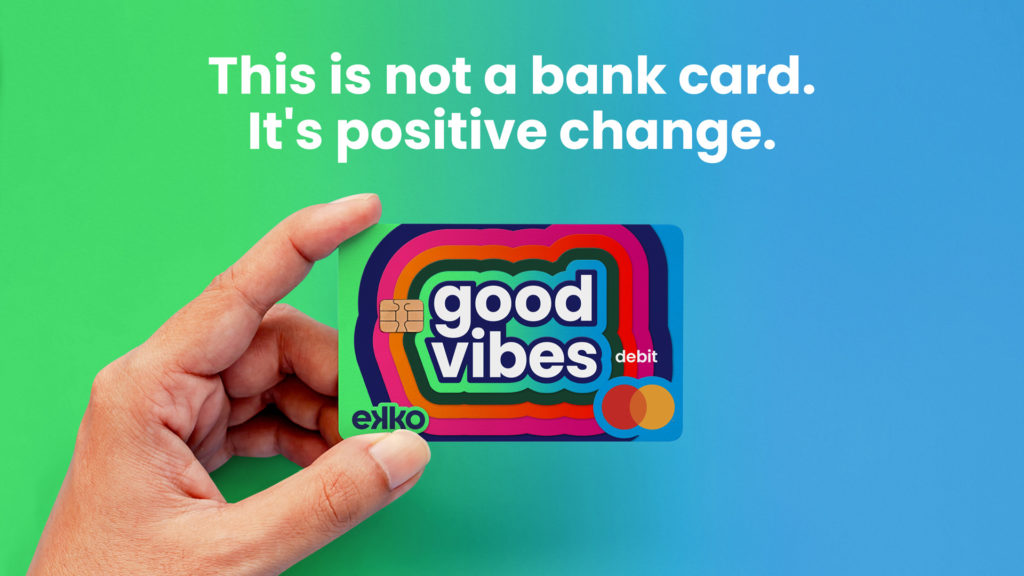
What are the largest obstacles in halving emissions by 2030 for your industry?
Data. Financial services companies are numbers’ organisations. If we understand it and can track it, then we can do something about it. At the moment, it’s hard to know the true emissions of an operation.
Lots of companies are helping provide that data for businesses, and I’m a big advocate of this. We need to help businesses understand their true emissions and give them the tools and information to take action to reduce their emissions.
Learning along the way
What is the biggest lesson you’ve learnt so far in building ekko?
You’ve got to be resilient. Within a day I can have four brilliant meetings where things are flying and four where we’re putting out fires. I’ve learned to stay balanced in both situations. It’s important to remind myself that building a business is hard.
My favourite bit of advice – if you can call it that – that I’ve received over the last few months is that building a business is not a straight line and you need to be OK with that.
What advice do you have for small businesses both within and outside of your industry?
Start by starting and don’t get caught by the fear of needing to be perfect – no one is, but if you’re genuinely trying to do some good then you should go for it.
Having launched in April, ekko is on track to create a substantial impact in consumer climate action within the finance sector. Their product will launch later this summer, and will be made available on a first-come-first serve basis for those who register to the waitlist here.
Are you committed to the SME Climate Hub, and interested in sharing your own story? Please reach out! Are you a small business interested in joining the SME Climate Hub but not yet committed? Read more about the initiative here.
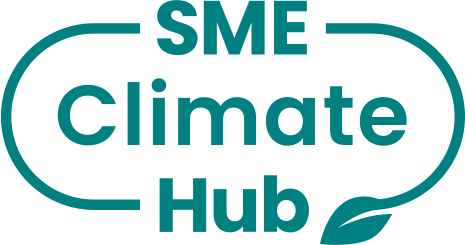
 Go back
Go back